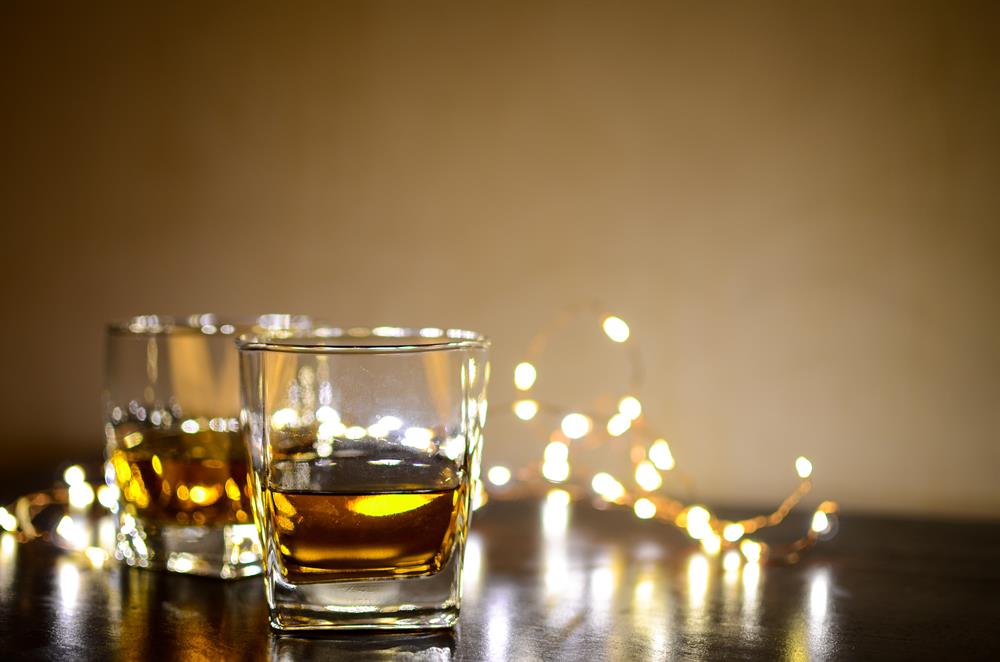GEORGE NEWS - When you enter a discussion on liquor laws, it is important to base your argument on facts. The following information obtained from the Western Cape Liquor Authority (WCLA) and George Municipality give answers to some frequently asked questions.
Which liquor law is currently followed in the Western Cape?
The relevant liquor law is the Western Cape Liquor Act, 4 of 2008 (as amended) and Western Cape Liquor Regulations, 2011 (as amended), both of which came into effect in 2012.
What is the distance a tavern needs to be from a school?
The WC Liquor Act does not prescribe a specific distance between a licensed premises and a school. The WC Liquor Act says the following:
34. (1) The Liquor Licensing Tribunal or Presiding Officer, as the case may be, may not grant a licence, unless it or he or she is satisfied on a balance of probabilities that -
(a) the granting thereof is in the public interest;
(b) the applicant is of good character, and not disqualified from holding a licence in terms of section 35;
(c) the premises on which the sale or consumption of liquor will take place are or will upon completion be suitable for use by the applicant for the purposes of the licence;
(d) the applicant has the right to occupy the proposed licensed premises; and
(e) the granting of the application does not prejudice -
(i) the residents of a residential area;
(ii)the residents of an institution for the aged or frail;
(iii)the learners of an educational institution who are under the age of eighteen (18) years;
(iv)the patients of an institution for drug- or alcohol-related dependencies; or
(v)the congregants of a religious institution located in the vicinity of the proposed licensed premises.
How important is the zoning of the premises?
Appropriate zoning was not required previously for a liquor licence application. However, since the WC Liquor Act, 2008 (as amended) came into operation in 2012, appropriate zoning is a requirement when applying for a liquor licence.
Rebecca Campbell, senior manager of communication, education and stakeholder relations of the WCLA, said they are committed to regulating liquor effectively and ensuring that all licences serve the public interest.
"We have recently increased the number of liquor inspectors in the Western Cape, enabling enhanced compliance monitoring and collaboration with key partners to reduce alcohol harms, including municipalities, community structures and SAPS."
Municipal responsibility
Director of Planning Lauren Waring said George Municipality is responsible for the following in respect of taverns: town planning (land use) approvals, compliance and enforcement; building plan approvals, compliance and enforcement; population certificates and fire safety compliance and enforcement; the issuing of business and place of entertainment licences; and noise compliance and enforcement.
"Garden Route District Municipality is responsible for various environmental health and food licences, and monitoring compliance with matters such as air pollution, ventilation, cleanliness of the facility, kitchen, food storage and preparation," said Waring.
"WCLA is responsible for liquor licence-related matters, including complaints against the operation of the tavern. SAPS is responsible for the enforcement of trading hours and compliance with liquor licence provisions or conditions."
Find links to George Municipality's policy on taverns, the Western Cape Liquor Act, 4 of 2008 (as amended) and Western Cape Liquor Regulations, 2011 (as amended) below:
• Follow this link to George Municipality's policy on taverns.
• For more information on the Western Cape Liquor Act, 4 of 2008 (as amended) and Western Cape Liquor Regulations, 2011 (as amended), follow the links: https://www.wcla.gov.za/acts and https://www.wcla.gov.za/regulations.

'We bring you the latest George, Garden Route news'
















